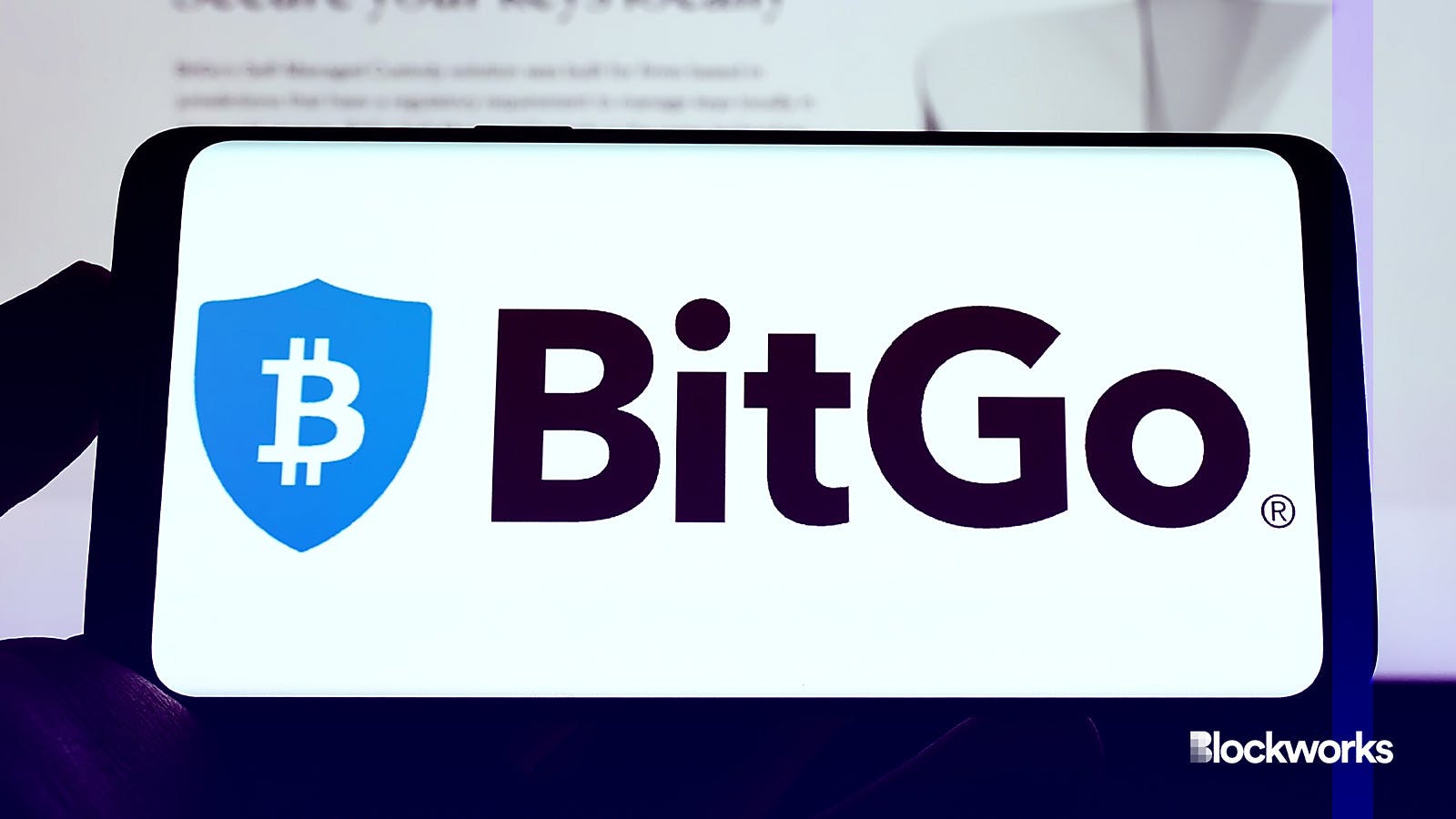BitGo looks to jumpstart RWA tokenization segment via acquisition
Acquired firm Brassica offers custody and transfer agent services for private securities and alternative investments

T. Schneider/Shutterstock modified by Blockworks
Crypto financial services company BitGo has bought a firm focused on investment infrastructure for alternative assets as part of a bid toward advancing a so-far stalled tokenization space.
Brassica, the company to be acquired, offers back-end infrastructure services for private securities and alternative investments, including multi-asset custody, record-keeping and transfer agent services.
While most traditional finance players have a crypto- or blockchain-related proof-of-concept in the works, the worlds of digital assets and traditional finance currently have “almost no overlap,” argued BitGo CEO Mike Belshe.
The firm’s latest deal seeks to digitize the alternative asset industry by offering unique support of both traditional private securities and blockchain-based assets, Belshe said.
The two companies are seeking to build infrastructure that allows for alternative assets to transact at scale in a way similar to public equities, noted Brassica CEO Youngro Lee.
“The key difference here is every alternative asset is different,” he told Blockworks. “Bitcoin is very different from real estate, which is very different from company equity, which is very different from wine.”
Lee added: “But the world wants diversity of assets and diversity of asset types and categories.”
BitGo and Brassica declined to disclose exact terms of the deal.
Tokenizing real-world assets — or issuing a digital representation of assets on a blockchain — has been a popular topic of discussion over the last year.
Read more: TradFi, DeFi convergence continues through tokenizing real-world assets
Various executives have labeled it as one of the most exciting facets within the blockchain space. BlackRock CEO Larry Fink went as far to say in December 2022 that the tokenization of securities was “the next generation for markets.”
BlackRock in October used JPMorgan Chase’s Tokenized Collateral Network to tokenize shares in one of its money market funds. The asset management giant sent the tokenized interests to Barclays as collateral for an over-the-counter derivatives trade between the firms.
“Every custodian, exchange and traditional finance company is exploring how to [tokenize securities], and I think BitGo is putting a big stake in the ground,” Belshe said.
“From a technology perspective…we could put [securities] on a blockchain, but that’s not the hard part,” he added. “The hard part is how do you make that all compliant and fit within the existing system.”
BitGo, founded in 2013, launched its trust company — a qualified custodian designed to store digital assets — in 2018. It raised $100 million in August as part of a Series C funding round that gave the company a $1.75 billion valuation.
BitGo Trust was set to provide qualified custody services and cold storage for assets held by institutional clients of Genesis as part of a deal made last year. It more recently teamed up with bitcoin asset management platform Onramp to introduce a multi-institution custody product.
Brassica is registered with the Securities and Exchange Commission as a transfer agent — an entity that documents changes of securities ownership changes and keeps the issuer’s security holder records, among other duties. The firm’s trust company subsidiary gained a trust charter from the Wyoming State Banking Board last year.
Brassica’s software-focused approach means end clients — including investment platforms, broker-dealers and asset managers — can use Brassica’s application programming interfaces (APIs) as they see fit, Lee noted.
Once the back-end is built, Belshe said, it is “a small leap” to tokenize securities across asset classes.
“I think you’re going to start to see everything coming into tokenization in some form,” the BitGo CEO said. “This is not going to be an overnight thing; it’s over the next five years, but I think we’ll see a big shift.”
Get the news in your inbox. Explore Blockworks newsletters:
- The Breakdown: Decoding crypto and the markets. Daily.
- Empire: Crypto news and analysis to start your day.
- Forward Guidance: The intersection of crypto, macro and policy.
- 0xResearch: Alpha directly in your inbox.
- Lightspeed: All things Solana.
- The Drop: Apps, games, memes and more.
- Supply Shock: Bitcoin, bitcoin, bitcoin.





